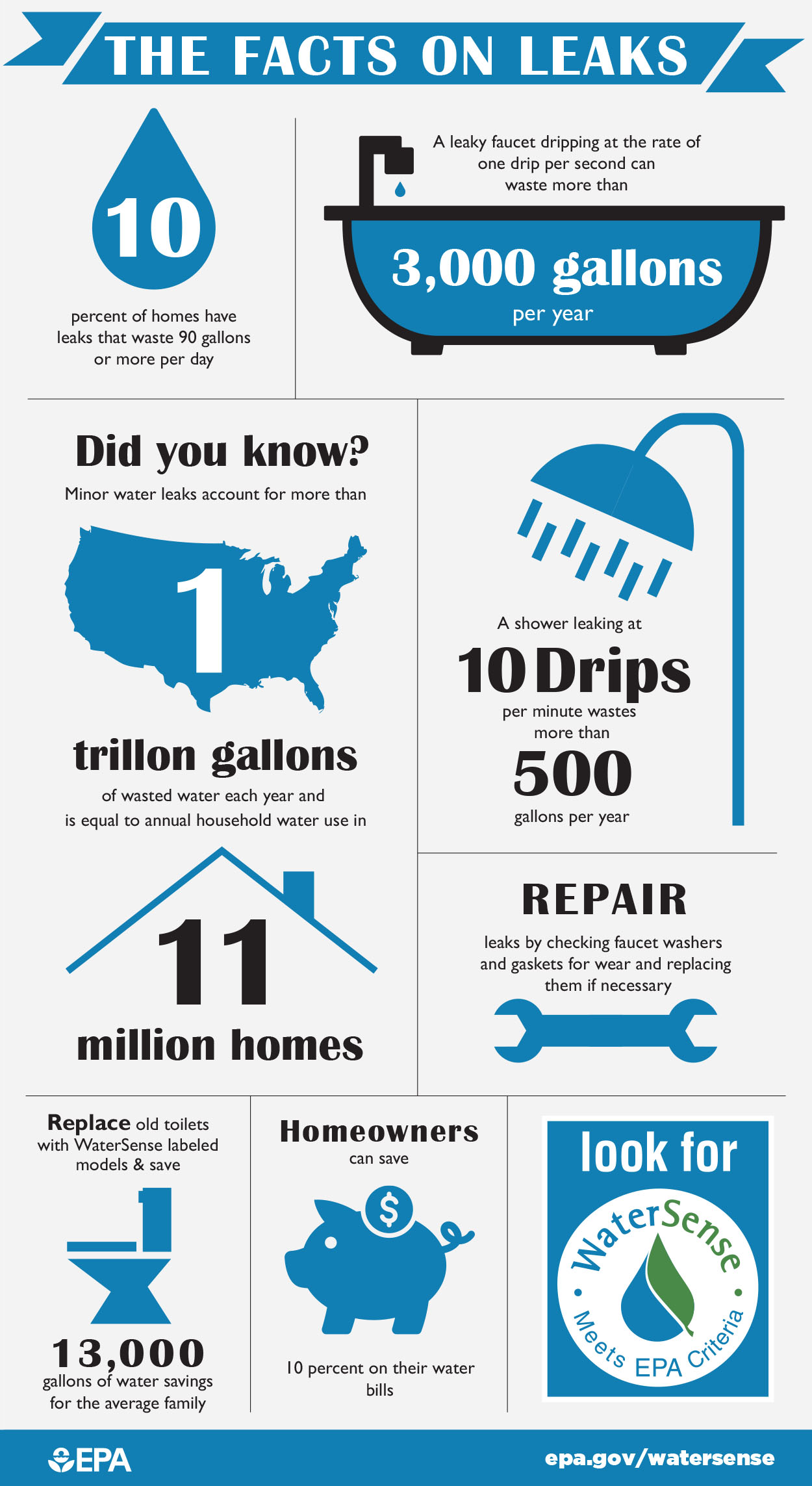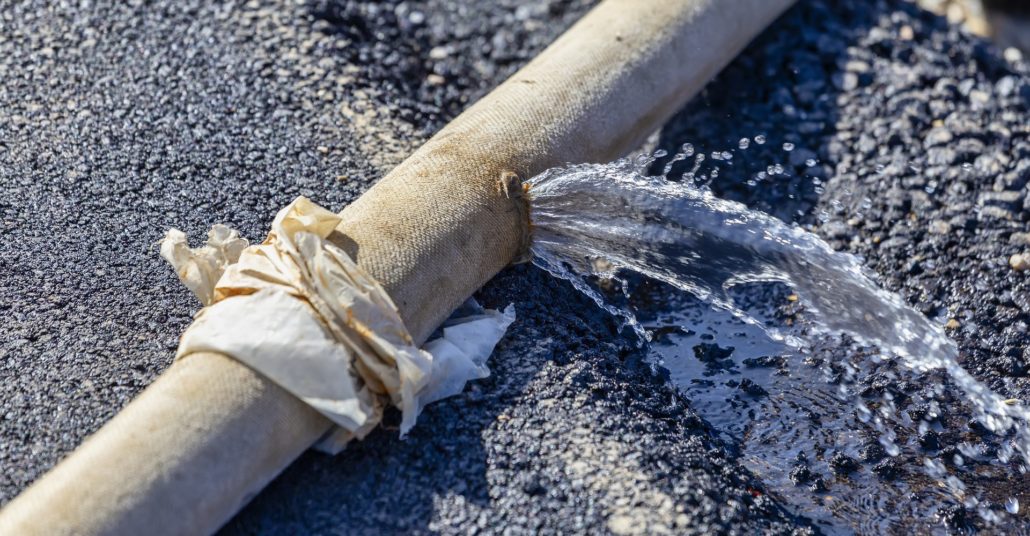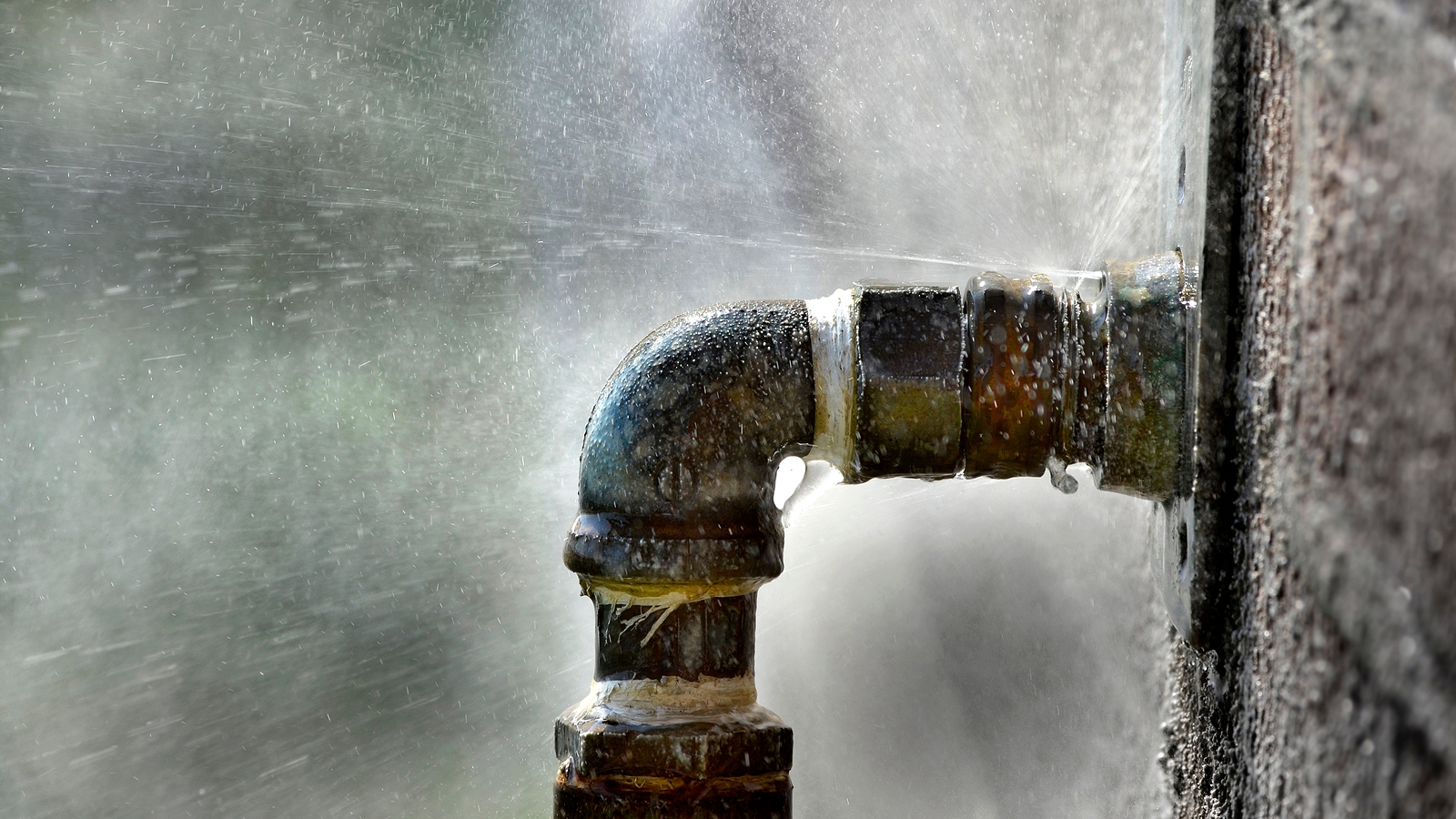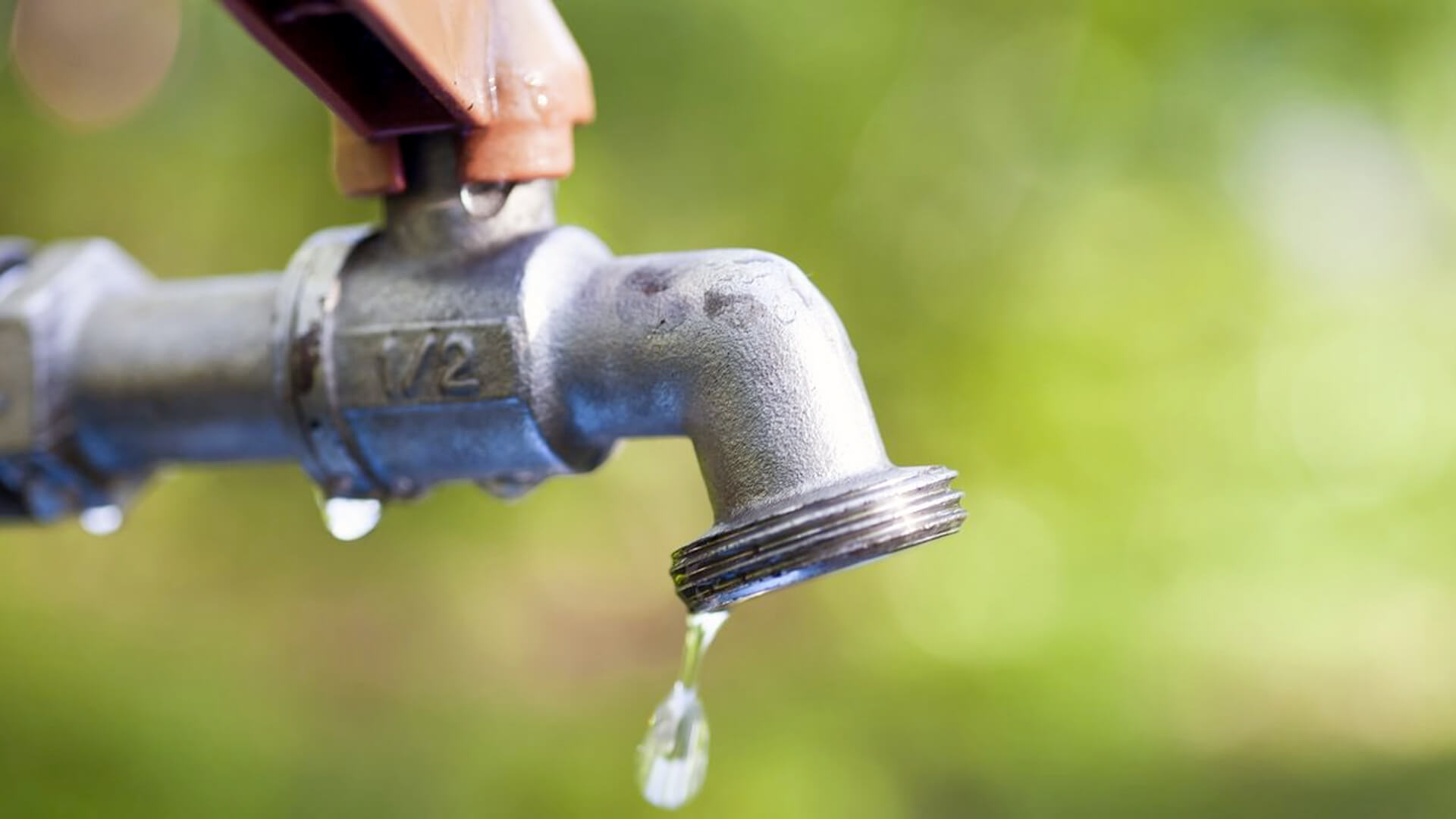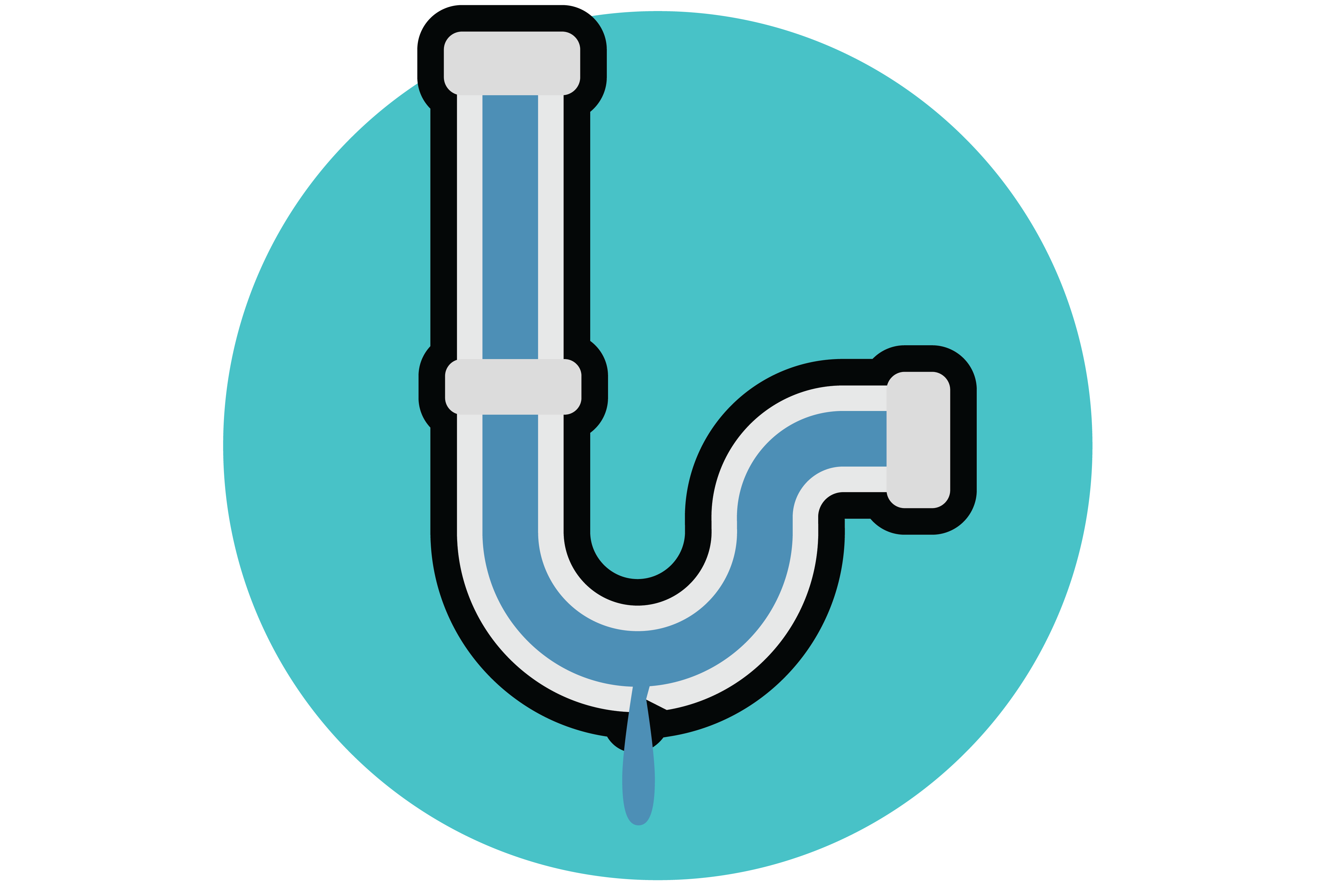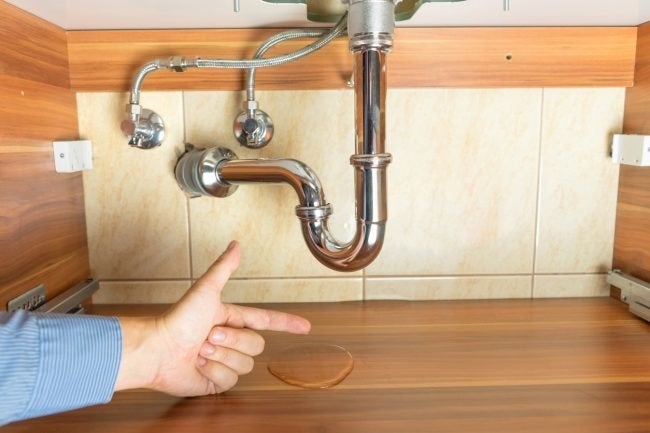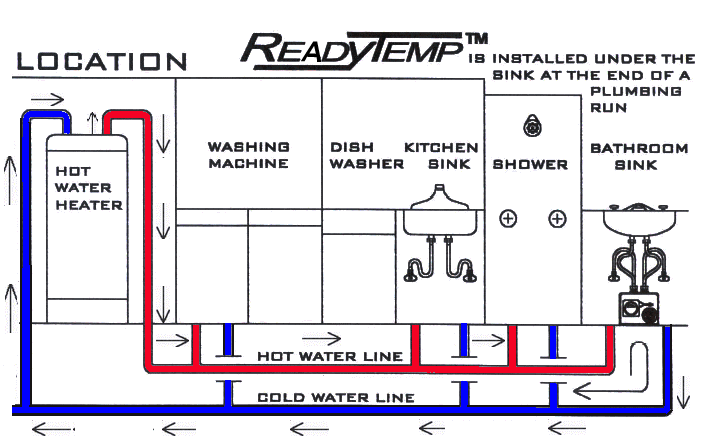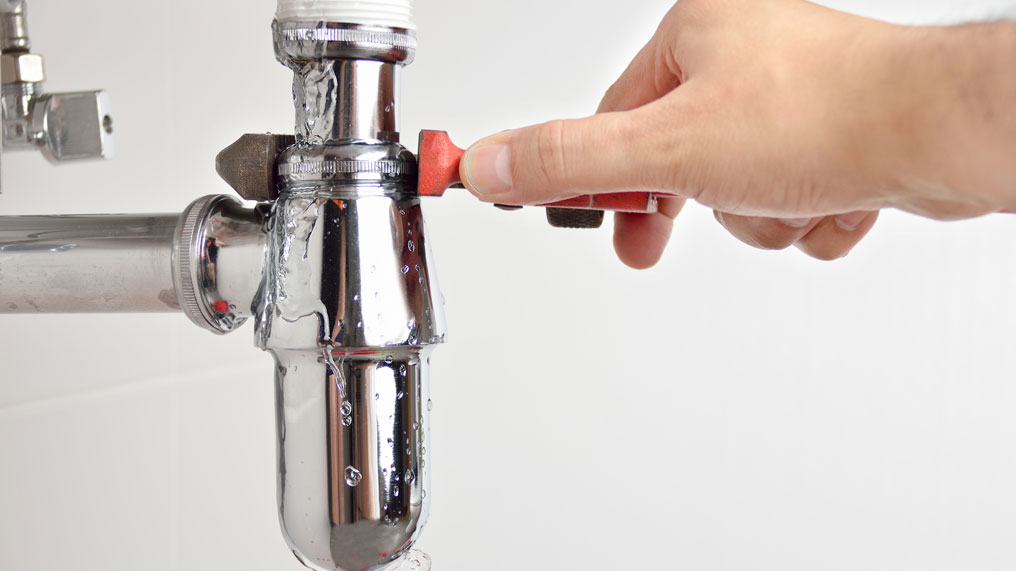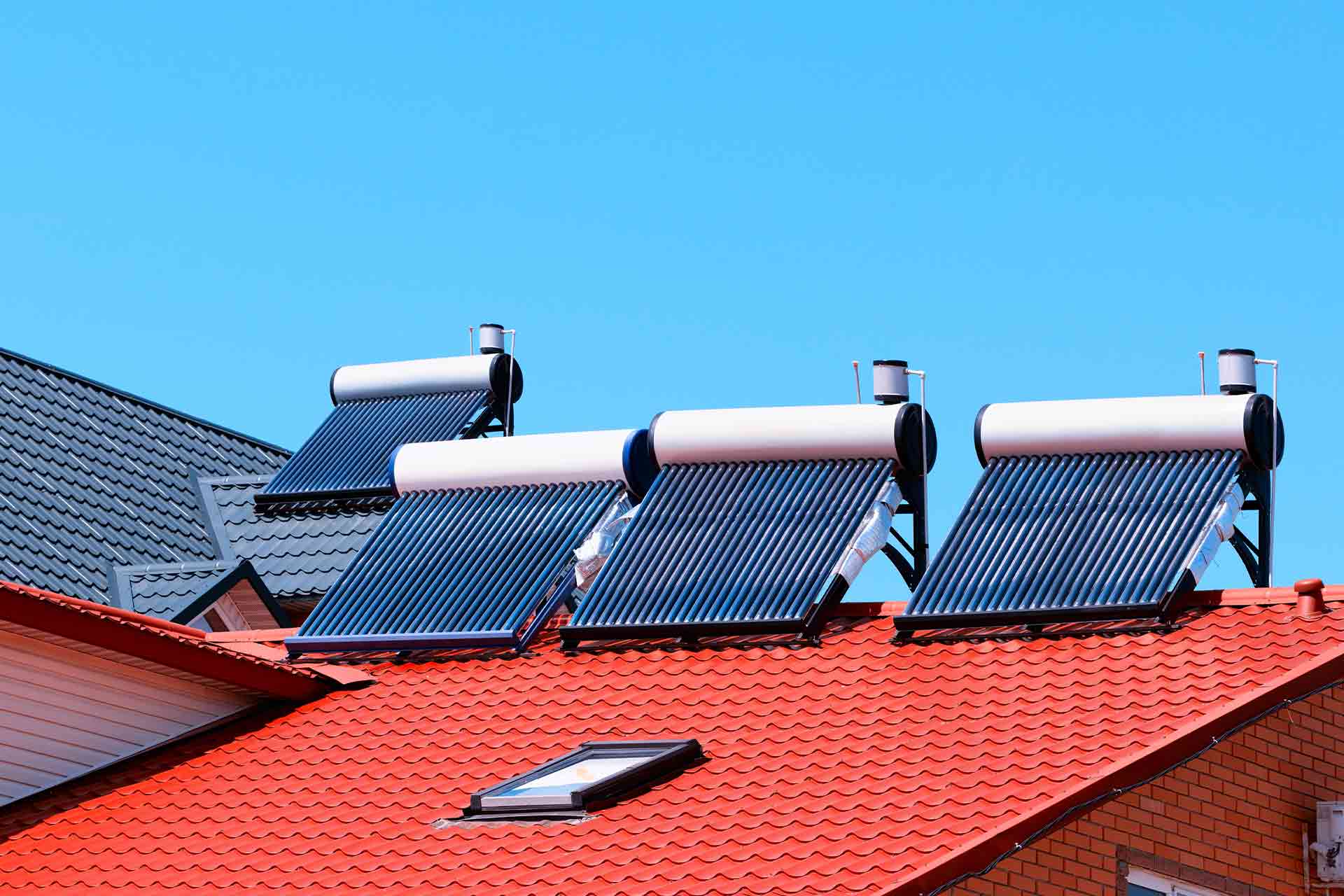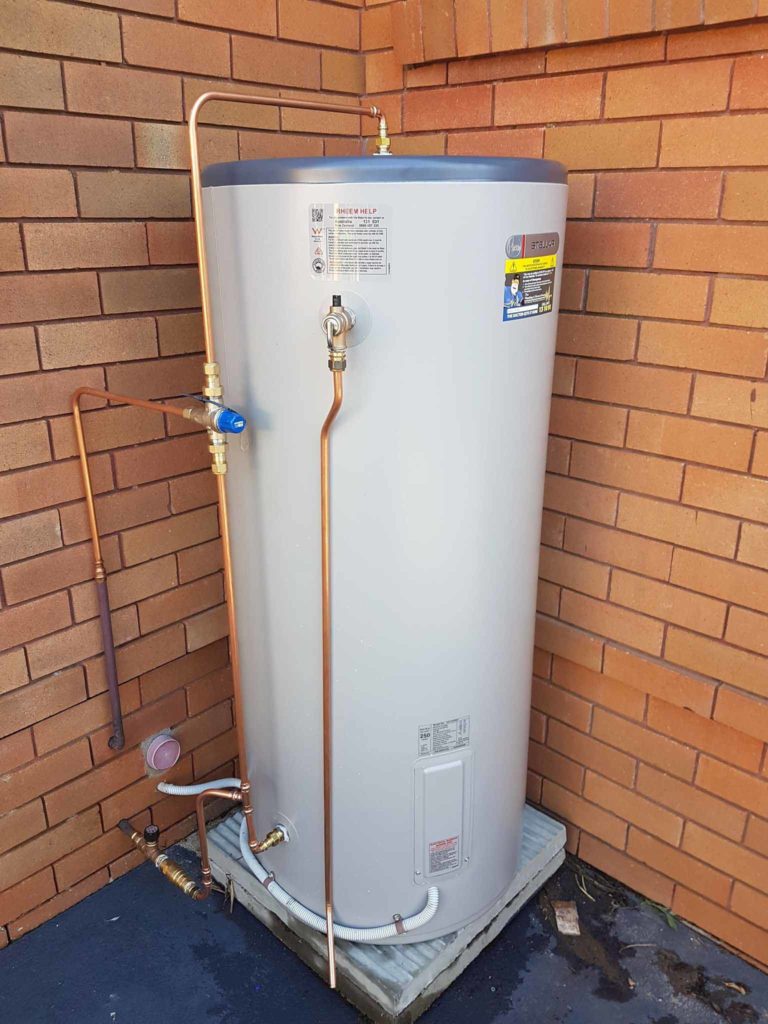If you're experiencing low hot water pressure in your kitchen sink, the first thing you should check is the aerator. This small device is located at the end of your faucet and is responsible for mixing air with the water to create a smooth flow. Over time, the aerator can become clogged with mineral deposits, dirt, and debris, which can restrict the flow of water and cause low pressure. To clean the aerator, unscrew it from the faucet and soak it in a mixture of equal parts white vinegar and water. Use a toothbrush to scrub away any buildup, then rinse and reattach the aerator.1. Check the aerator
If your aerator is clean and you're still experiencing low hot water pressure, the next step is to check the water supply valve. This valve is typically located under the sink and controls the flow of water to your faucet. Make sure the valve is fully open and not partially closed, as this can limit the amount of hot water that reaches your sink. If the valve is damaged or worn, it may need to be replaced to restore proper water pressure.2. Check the water supply valve
Your home's water pressure is regulated by a device called a water pressure regulator, which is usually located near the main water supply valve. If this regulator is not functioning properly, it can cause low pressure throughout your home. You can test the water pressure by attaching a pressure gauge to an outdoor hose bib and turning on the water. If the pressure is below 40 psi, you may need to adjust or replace the water pressure regulator.3. Check the water pressure regulator
If your kitchen sink is the only place where you're experiencing low hot water pressure, the problem may lie with your hot water heater. Sediment buildup in the tank can restrict the flow of hot water, resulting in low pressure. You can flush the hot water heater by turning off the power or gas supply, attaching a garden hose to the drain valve, and opening the valve to release any sediment. If this doesn't improve your hot water pressure, you may need to have a professional inspect and service your hot water heater.4. Check the hot water heater
In some cases, clogs or blockages in the pipes can cause low hot water pressure in your kitchen sink. To check for clogs, turn off the water supply and disconnect the pipes under the sink. Use a plumbing snake or wire brush to remove any debris or buildup in the pipes. You can also try using a plunger to dislodge any clogs. Once the pipes are cleared, reattach them and turn the water supply back on.5. Check the pipes for clogs
The faucet cartridge is a small device located inside the faucet that controls the flow of water. Over time, this cartridge can become worn or damaged, resulting in low water pressure. Depending on the type of faucet you have, you may be able to replace the cartridge yourself or you may need to call a plumber for assistance.6. Check the faucet cartridge
Similar to the water supply valve, your hot water shut-off valve may be partially closed, limiting the flow of hot water to your kitchen sink. Check this valve and make sure it is fully open. If it is damaged or not working properly, it may need to be replaced.7. Check the hot water shut-off valve
A leak in the hot water line can also cause low pressure in your kitchen sink. Check the pipes under the sink for any signs of leaking, such as water stains or puddles. If you find a leak, you will need to repair or replace the affected section of pipe.8. Check for leaks in the hot water line
If your hot water supply line is kinked, this can restrict the flow of water to your kitchen sink. Follow the line from your hot water heater to your kitchen faucet and make sure it is not bent or twisted. If it is, carefully straighten it out to improve water pressure.9. Check the hot water supply line for kinks
In some cases, corrosion or buildup in the hot water supply line can cause low pressure in your kitchen sink. If your home has older pipes, this may be the culprit. You can try flushing the line with a mixture of baking soda and vinegar to remove any buildup. If the problem persists, you may need to have the supply line replaced. By following these steps and checking each potential cause of low hot water pressure in your kitchen sink, you can determine the source of the problem and take steps to fix it. Whether it's a simple clog or a more complex issue, addressing low hot water pressure will make your daily tasks in the kitchen much more manageable.10. Check the hot water supply line for corrosion
The Importance of Adequate Hot Water Pressure in Your Kitchen Sink

The kitchen sink is a vital part of any household, serving as the primary area for washing dishes, cleaning produce, and filling pots with water for cooking. However, when the hot water pressure in your kitchen sink is low, it can significantly impact your daily tasks and cause frustration. In this article, we will discuss the importance of having adequate hot water pressure in your kitchen sink and how to address low pressure issues.

Having adequate hot water pressure in your kitchen sink is essential for many reasons. Firstly, it allows for efficient and thorough cleaning of dishes and produce. When the hot water pressure is low, it takes longer to rinse and clean items, which can be time-consuming and inconvenient. Additionally, low hot water pressure can affect the temperature of the water, making it difficult to achieve the desired level of heat for washing dishes or cooking.
Another crucial reason for having proper hot water pressure in your kitchen sink is for food safety. Hot water is necessary for killing bacteria and removing harmful chemicals from produce. Without adequate pressure, it can be challenging to ensure that your dishes and produce are properly cleaned and safe to consume.
Low hot water pressure in the kitchen sink can also be a sign of underlying issues with your plumbing system. It could be a result of clogged pipes, leaks, or a malfunctioning water heater. Ignoring low pressure can lead to more significant problems and potentially costly repairs.
How to Address Low Hot Water Pressure in Your Kitchen Sink

If you are experiencing low hot water pressure in your kitchen sink, there are a few steps you can take to address the issue. First, check if the problem is isolated to your kitchen sink or if it affects other areas of your home. If it is only affecting the kitchen sink, the issue may be with the faucet or pipes leading to it.
Next, check the faucet aerator for any buildup or clogs that may be restricting water flow. You can clean the aerator by soaking it in vinegar and water or using a small brush to remove any debris. If this does not solve the issue, it may be time to call a professional plumber to inspect and repair any potential problems with your plumbing system.
In conclusion, having adequate hot water pressure in your kitchen sink is crucial for efficient cleaning, food safety, and maintaining a functional plumbing system. If you are experiencing low pressure, address the issue promptly to avoid potential complications and inconvenience. Remember, regular maintenance and inspection of your plumbing system can help prevent low hot water pressure and other plumbing problems in the future.


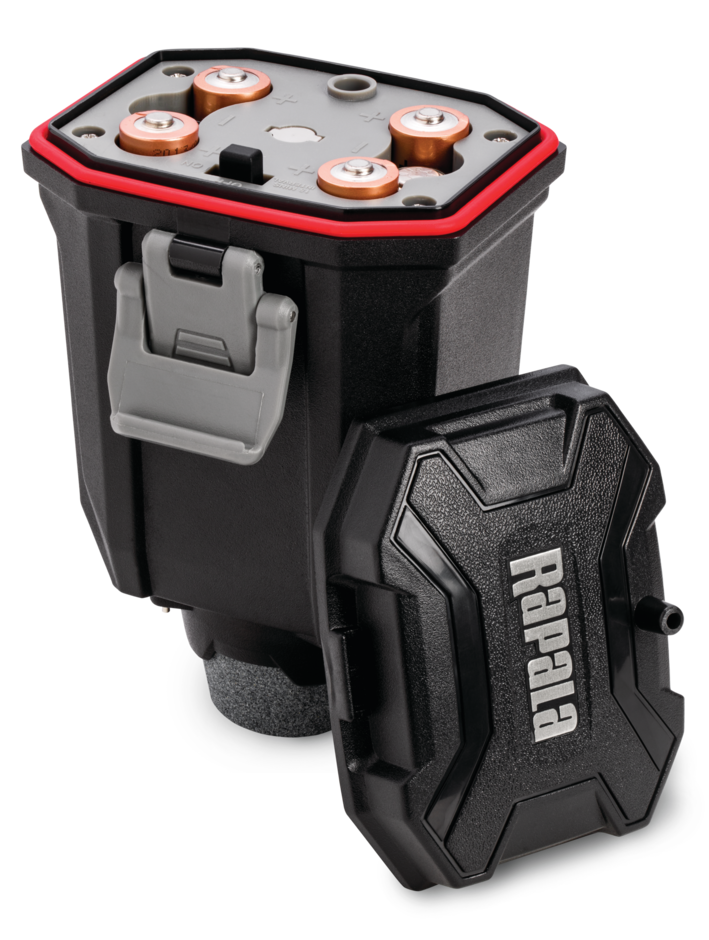
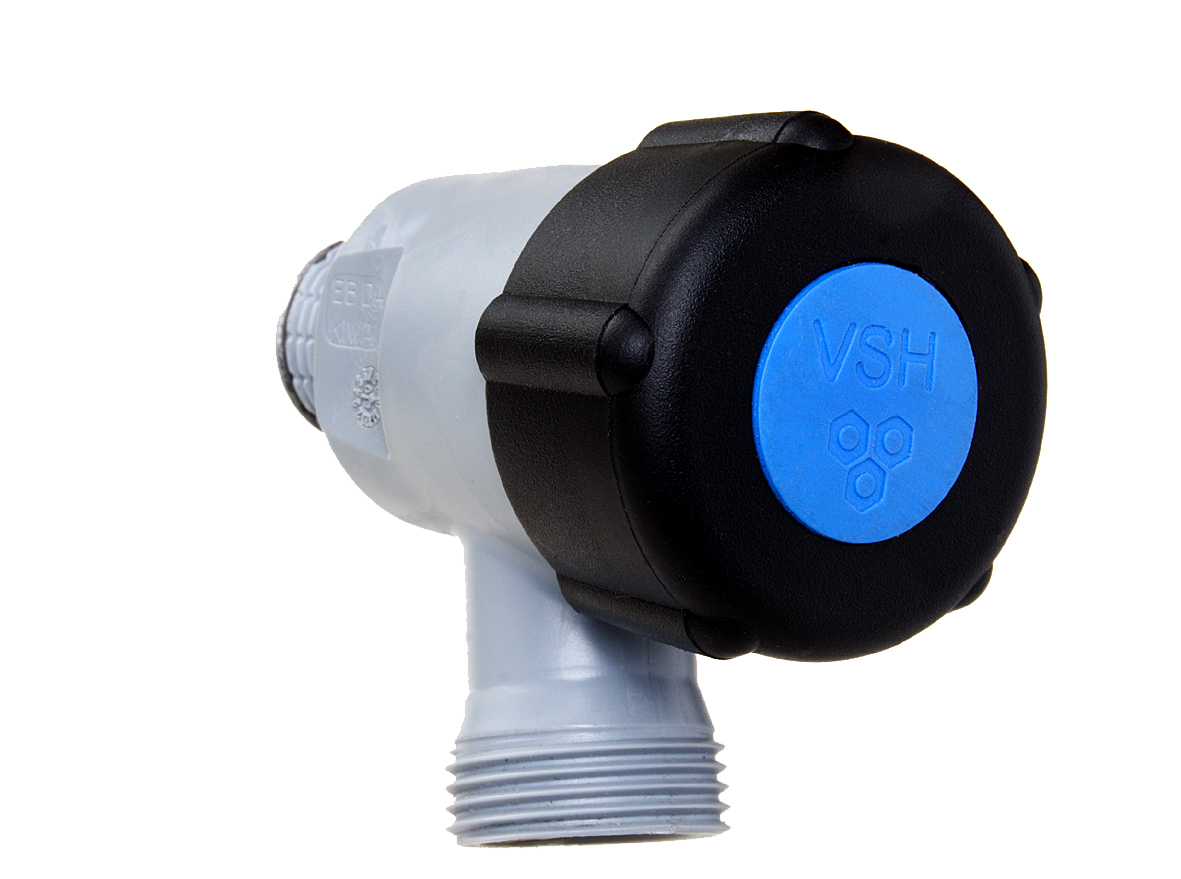






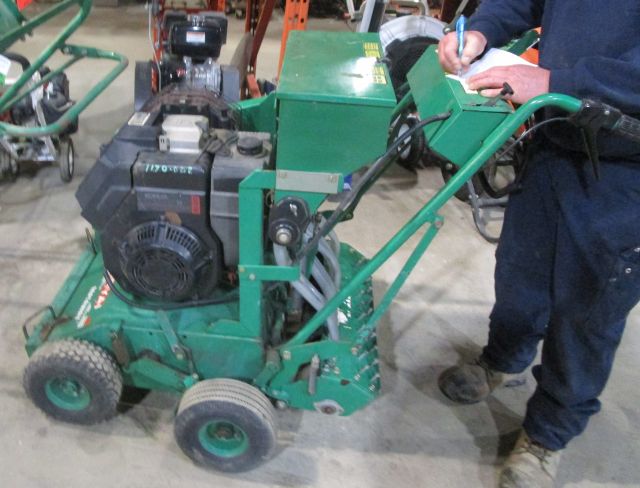
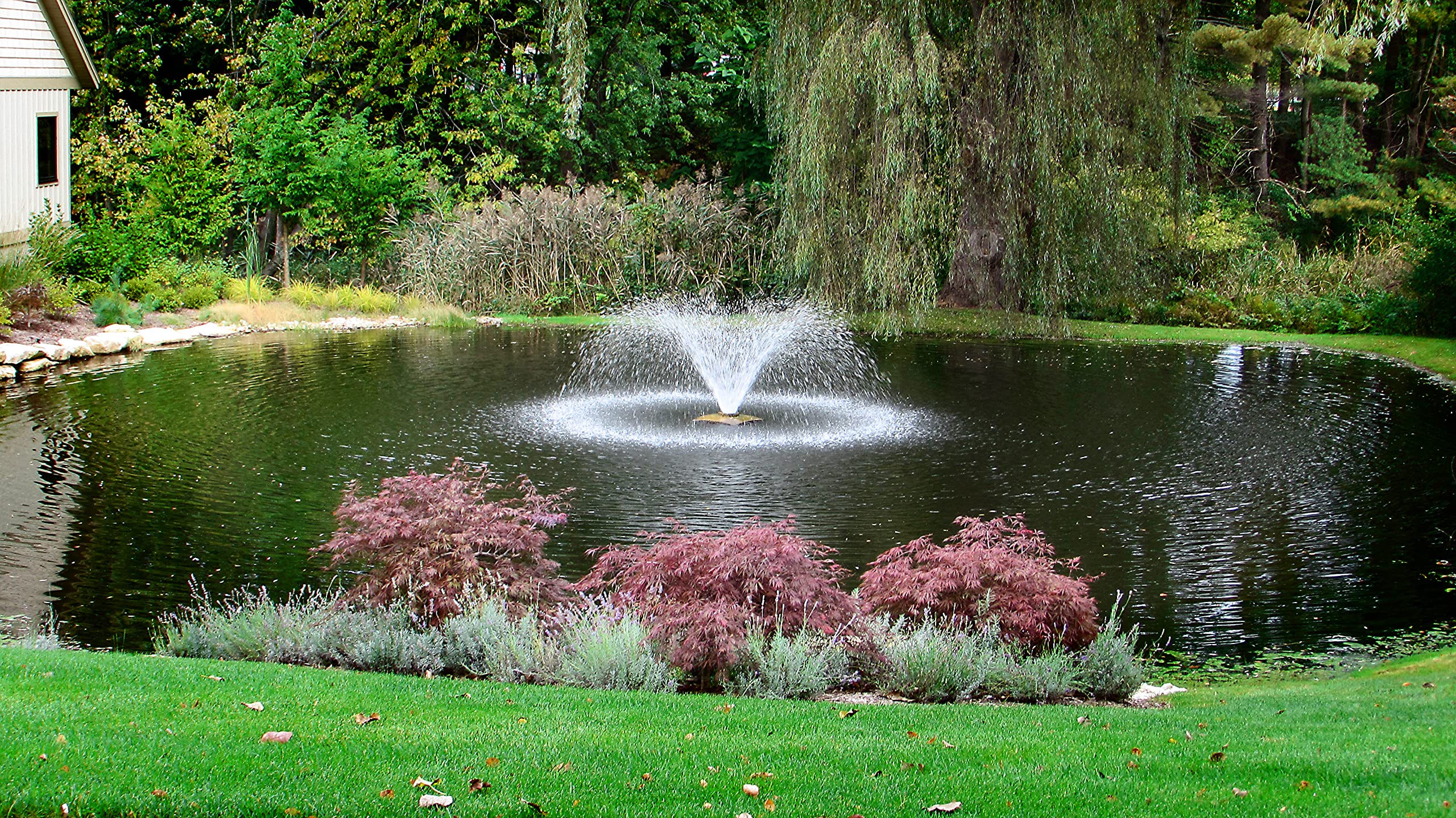
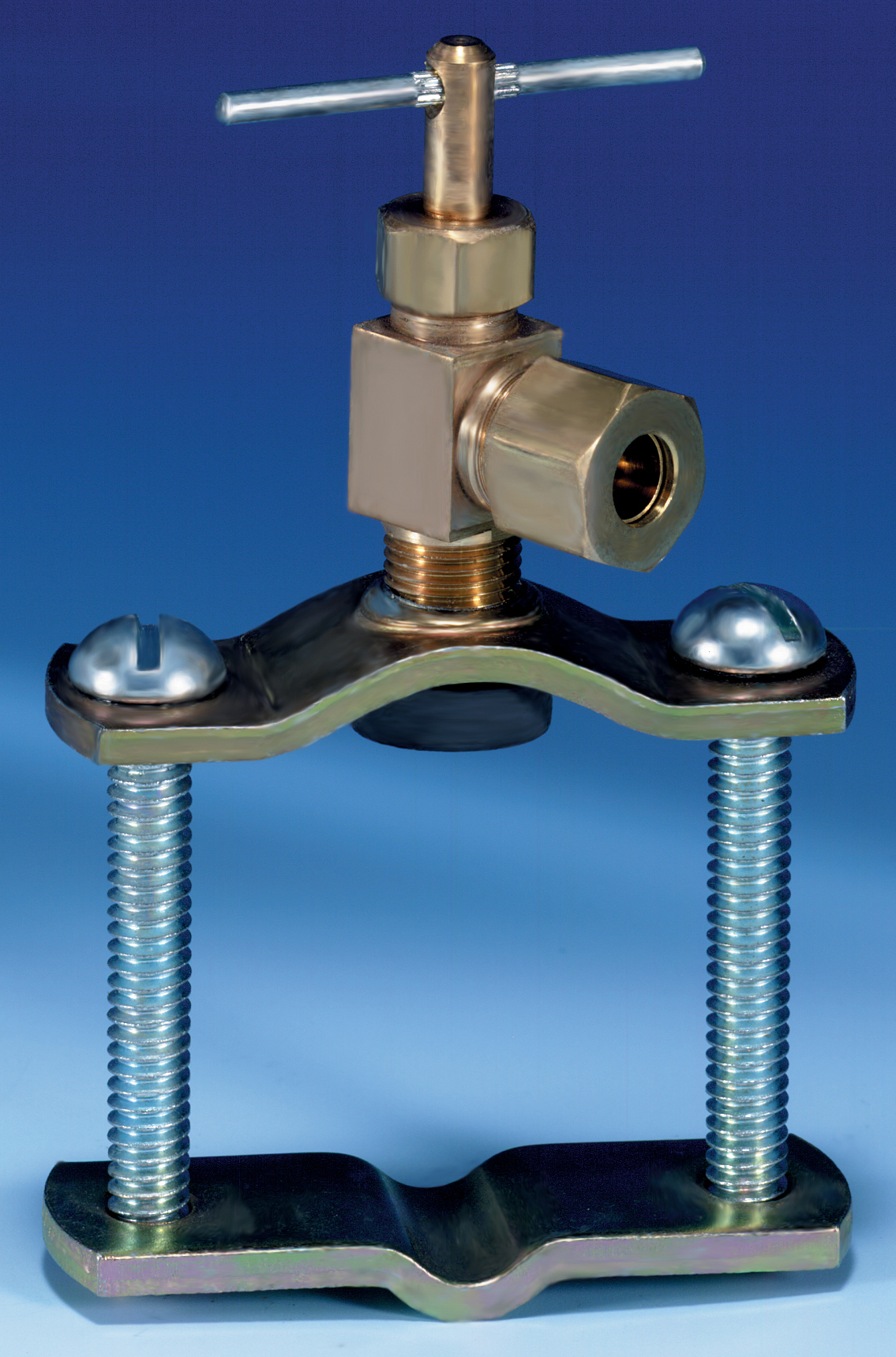






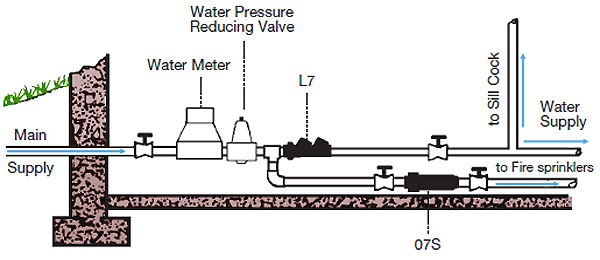
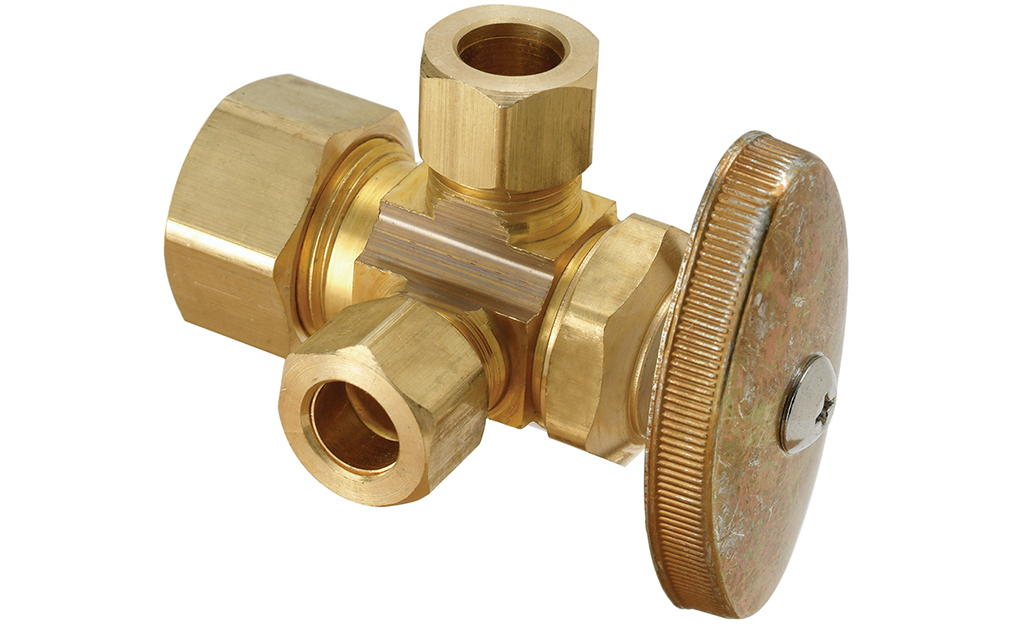

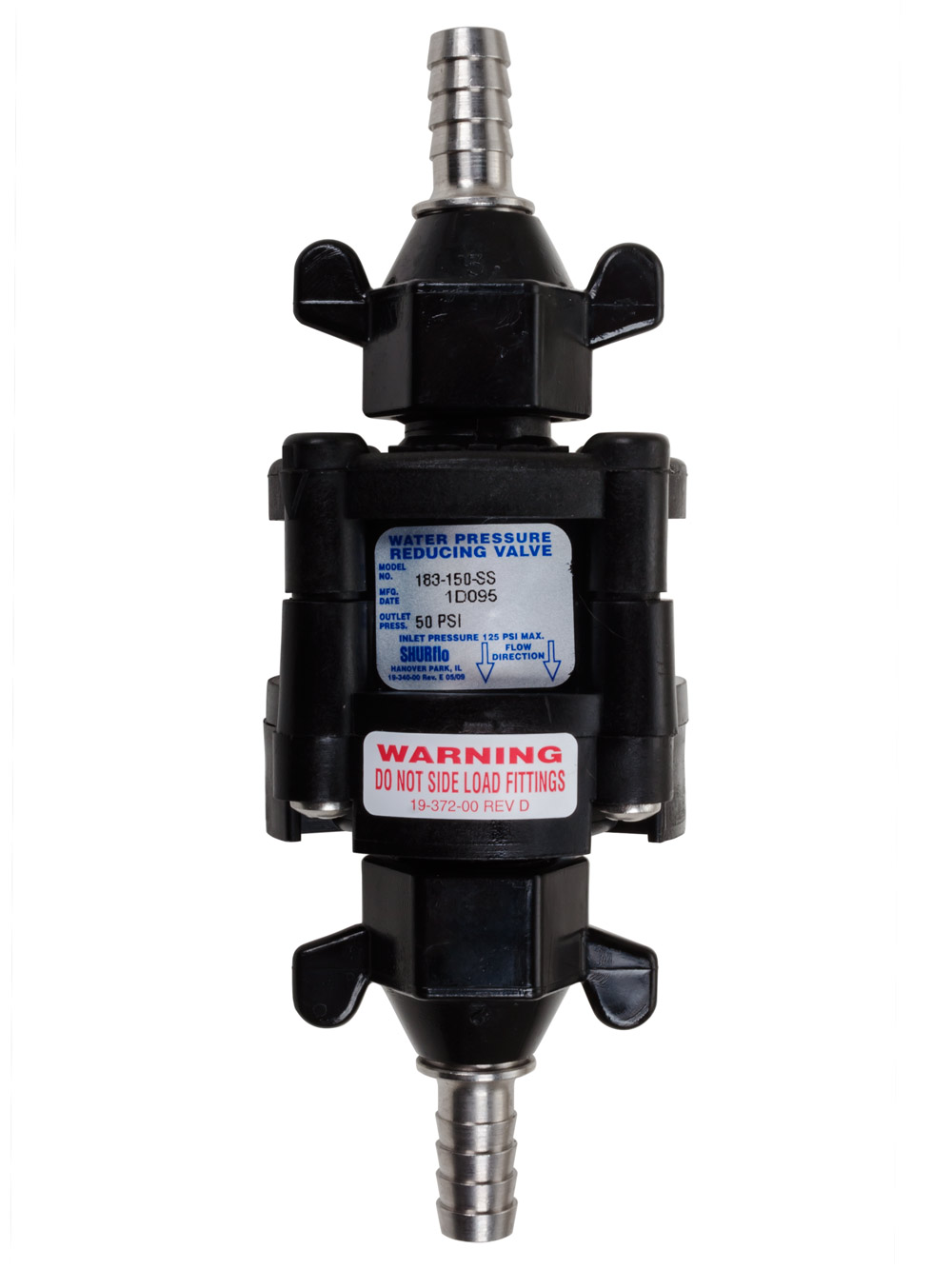

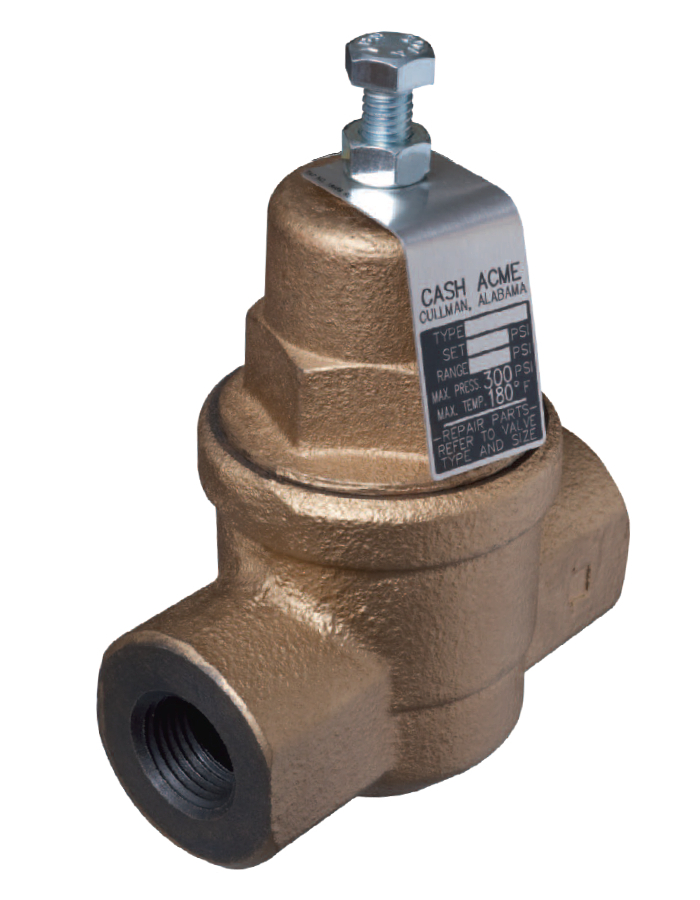
:max_bytes(150000):strip_icc()/the-men-s-hand-opens-the-ball-valve-on-the-collector-1006810456-5c5fc73fc9e77c000159c4af.jpg)


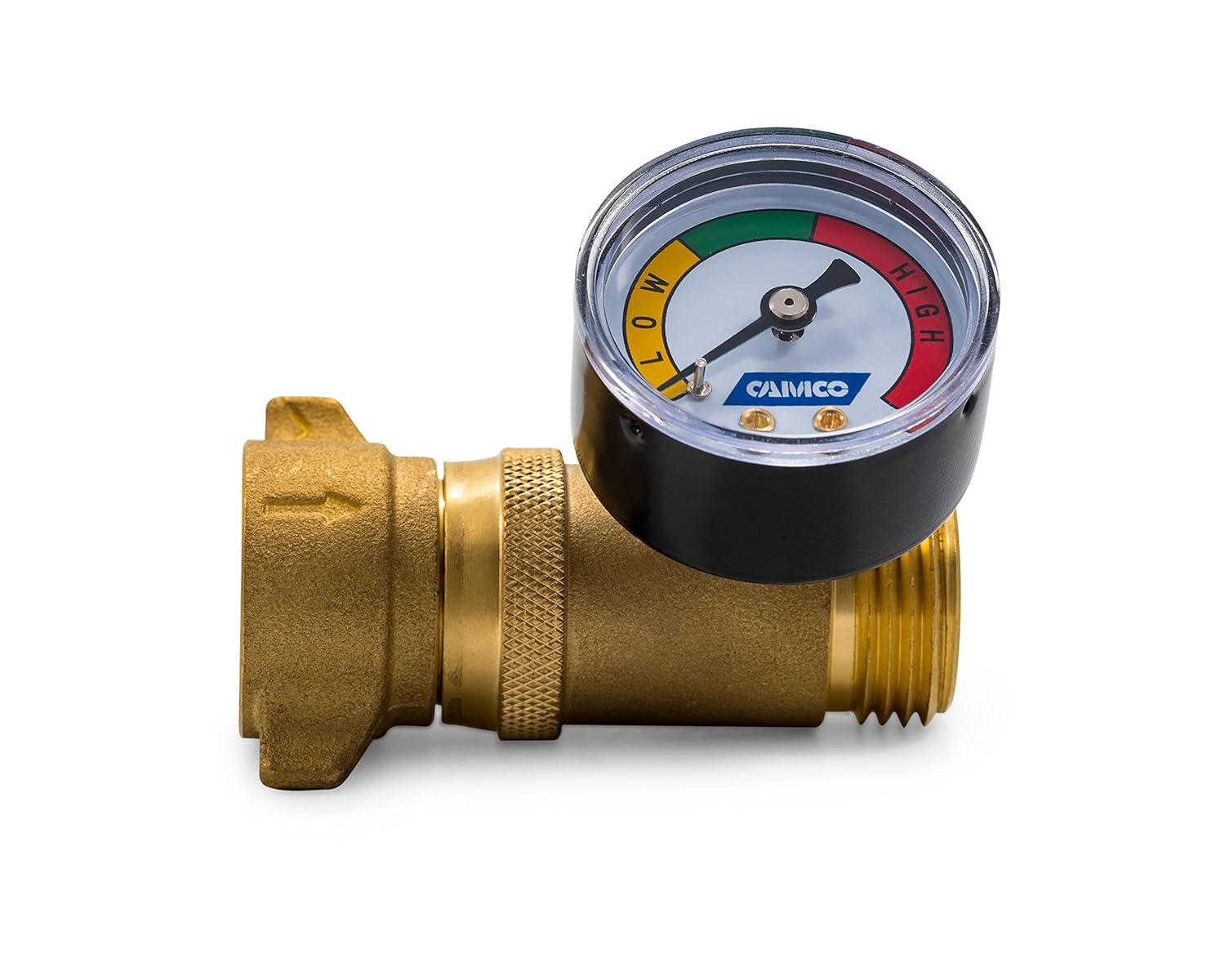
:max_bytes(150000):strip_icc()/testing-water-pressure-in-your-home-2718692-04-c37ab3236d0d4b61b87079ebf9ef823e.jpg)
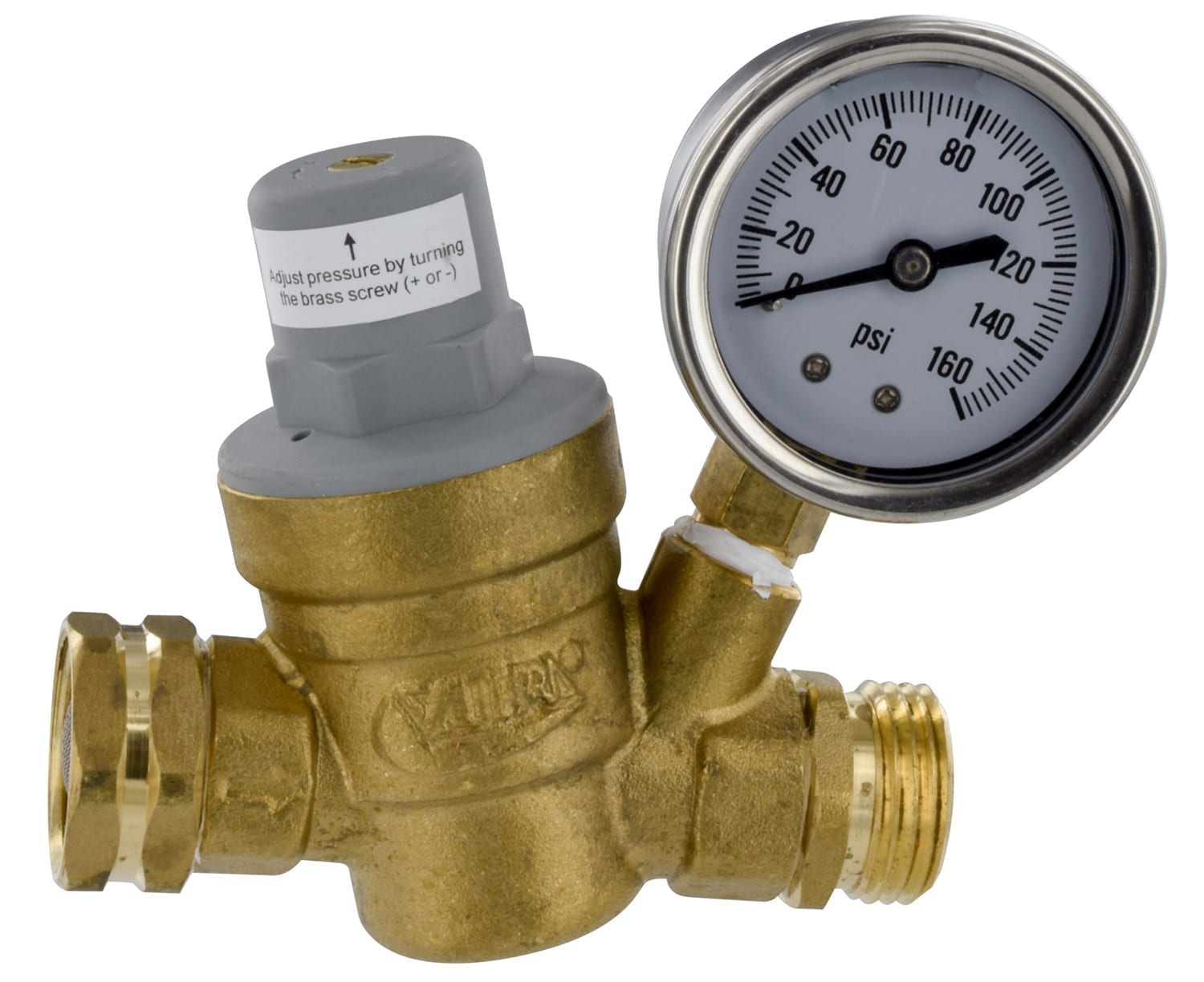




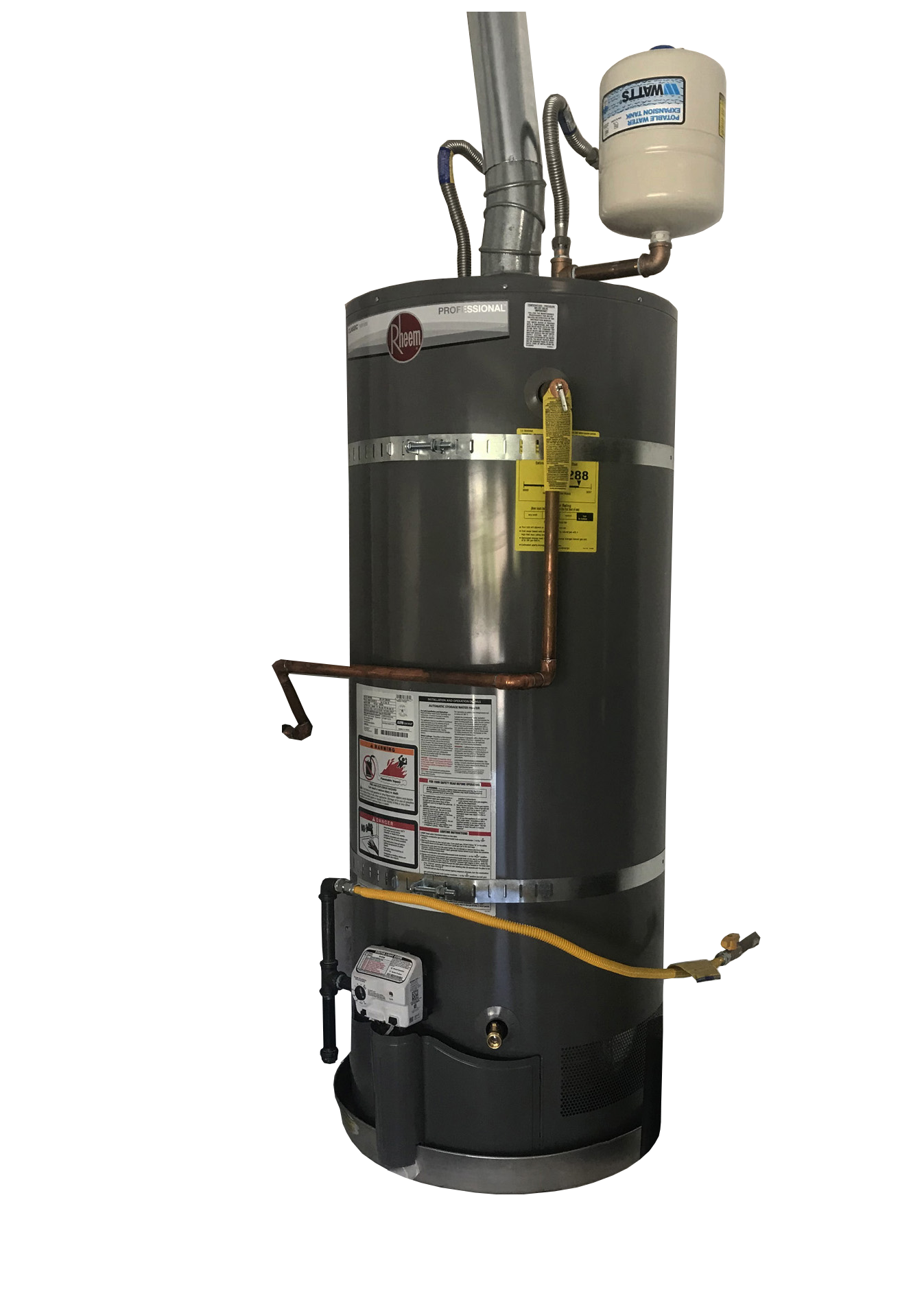
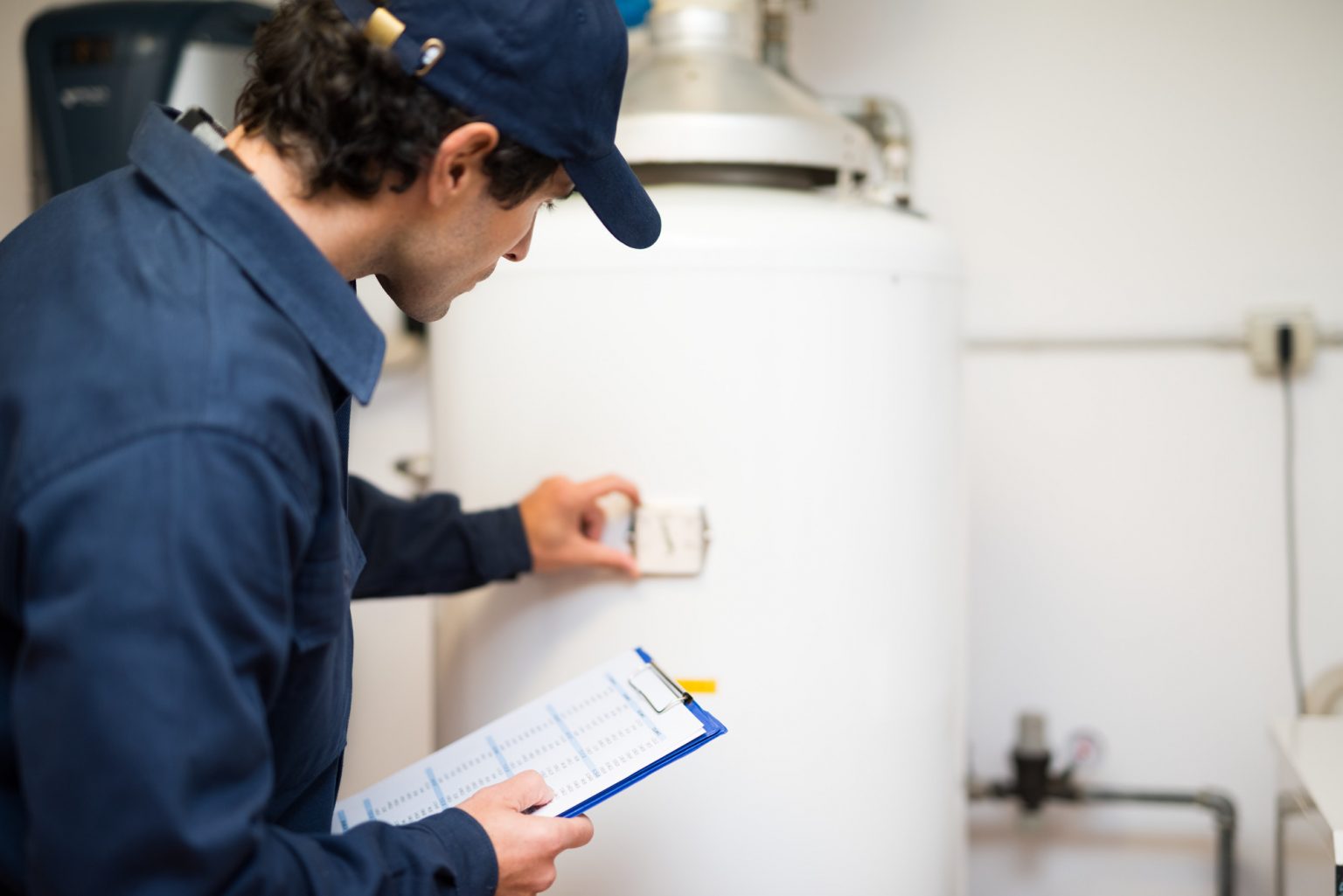
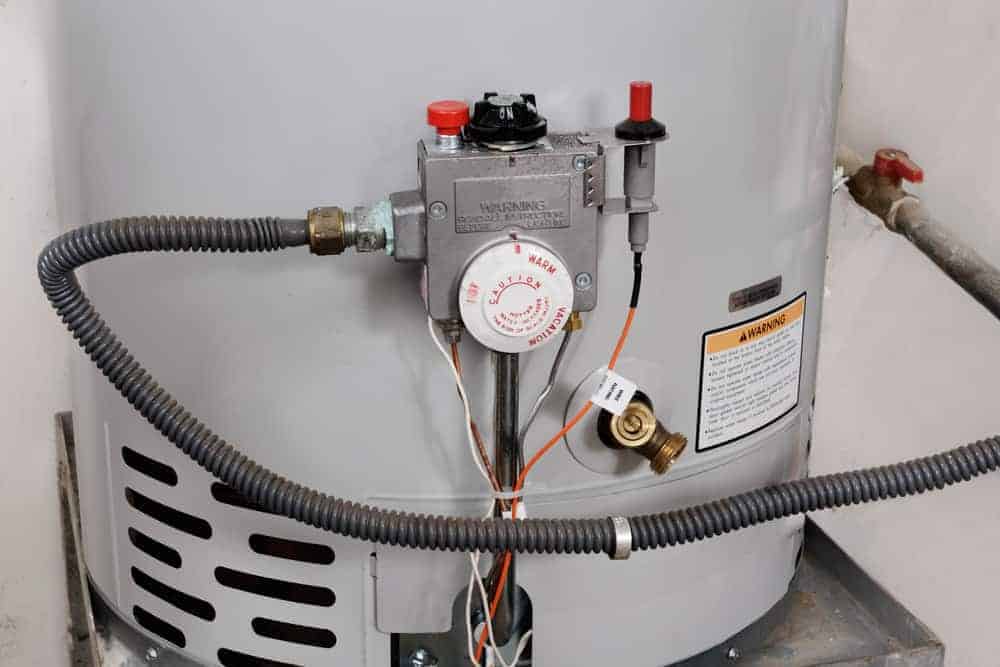
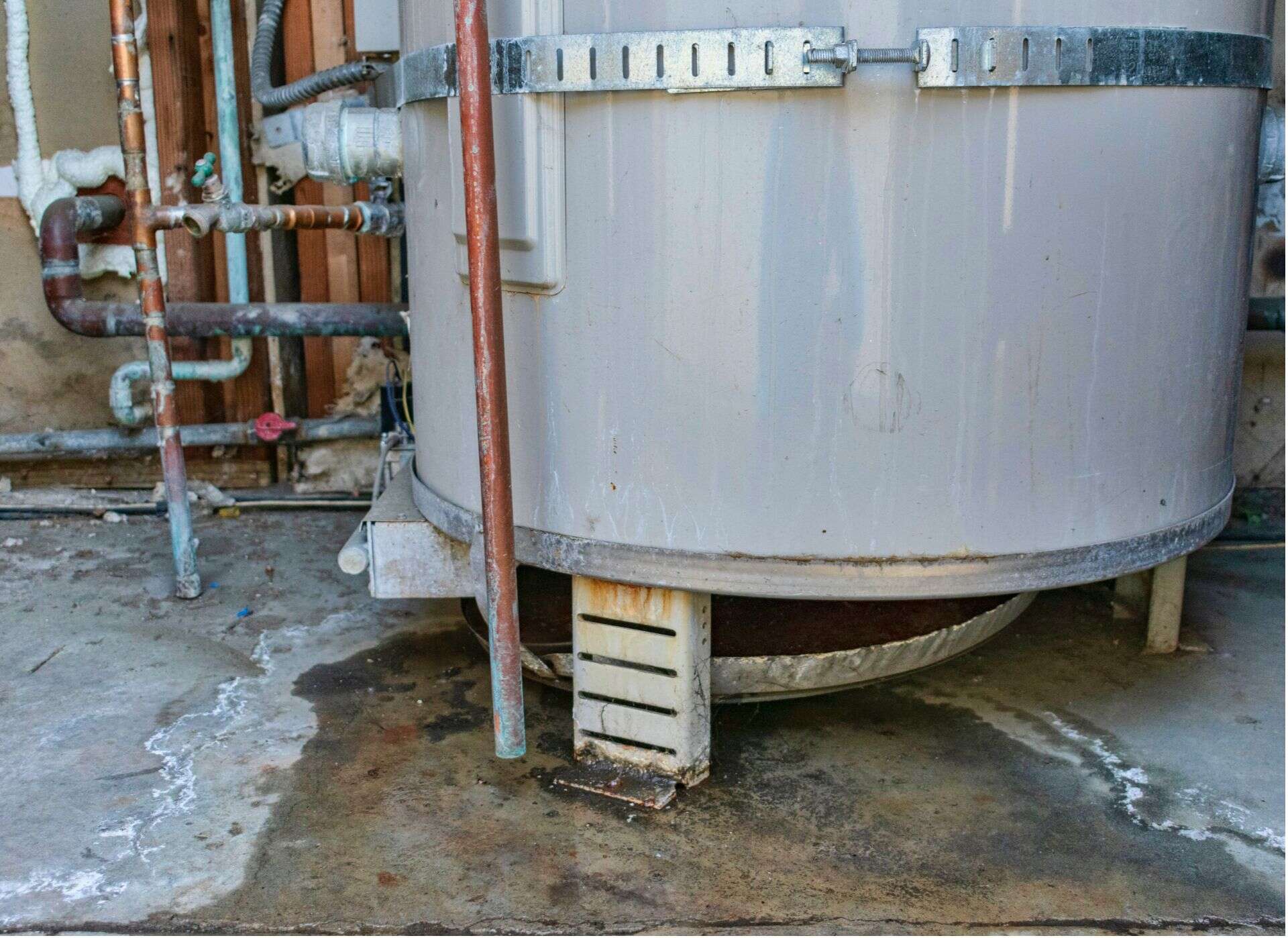



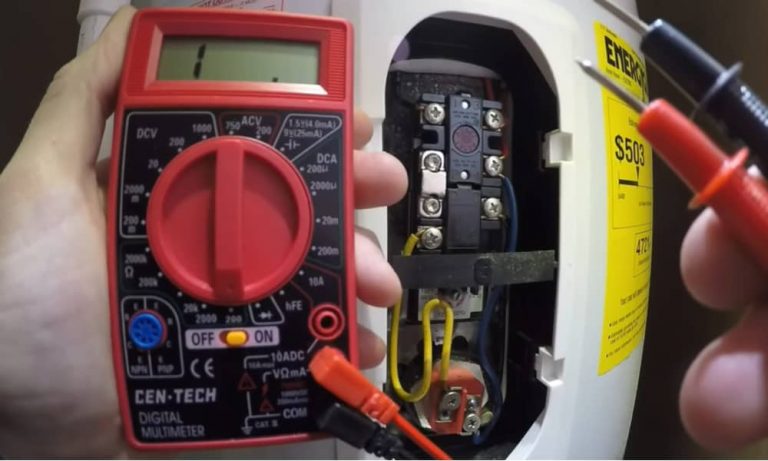







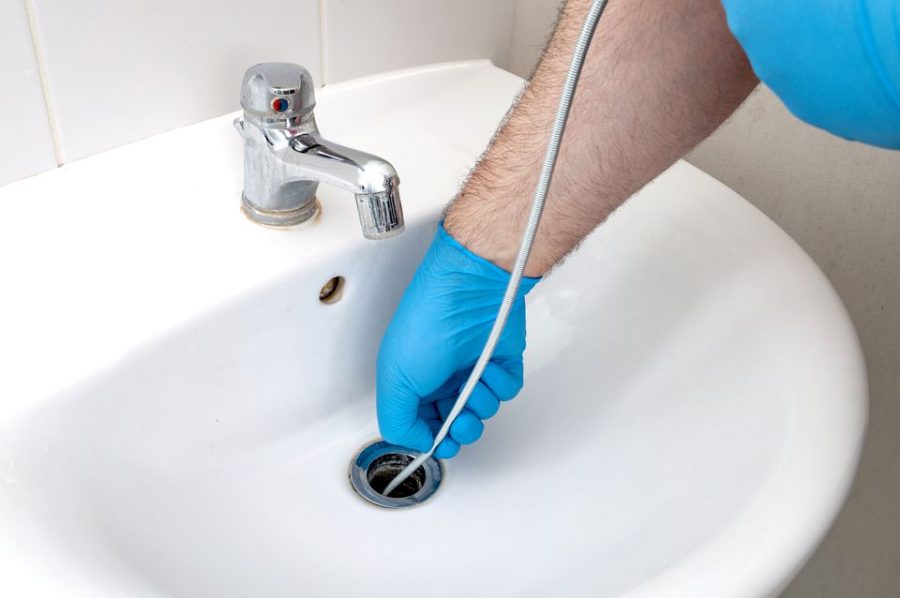





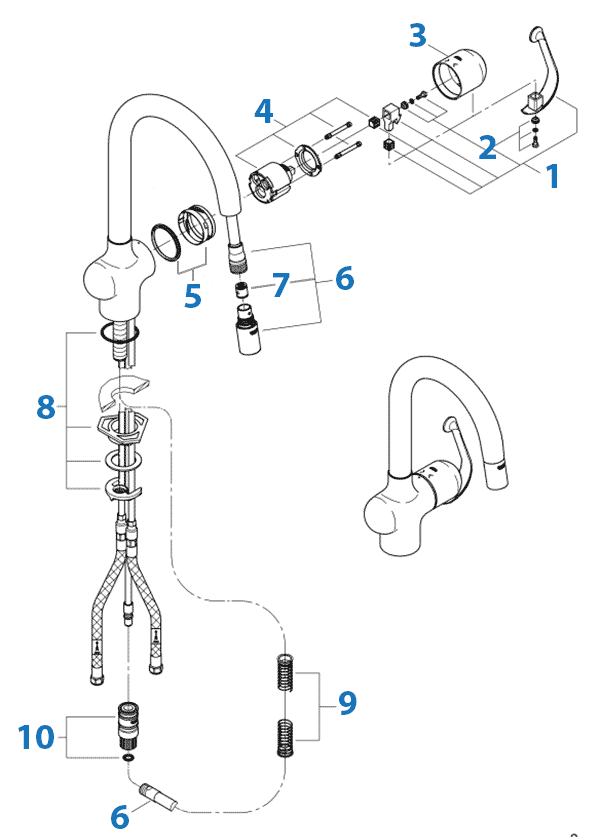





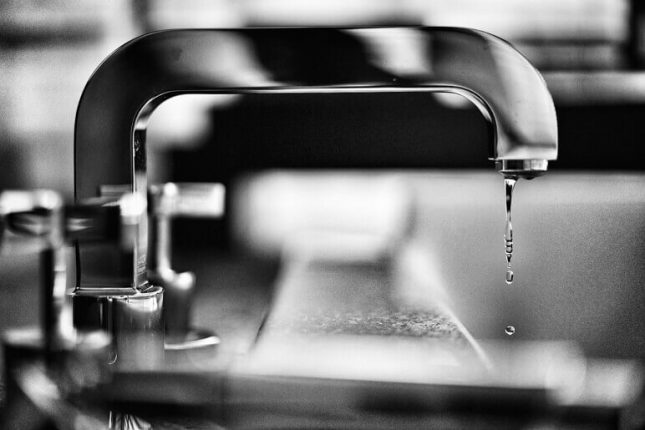







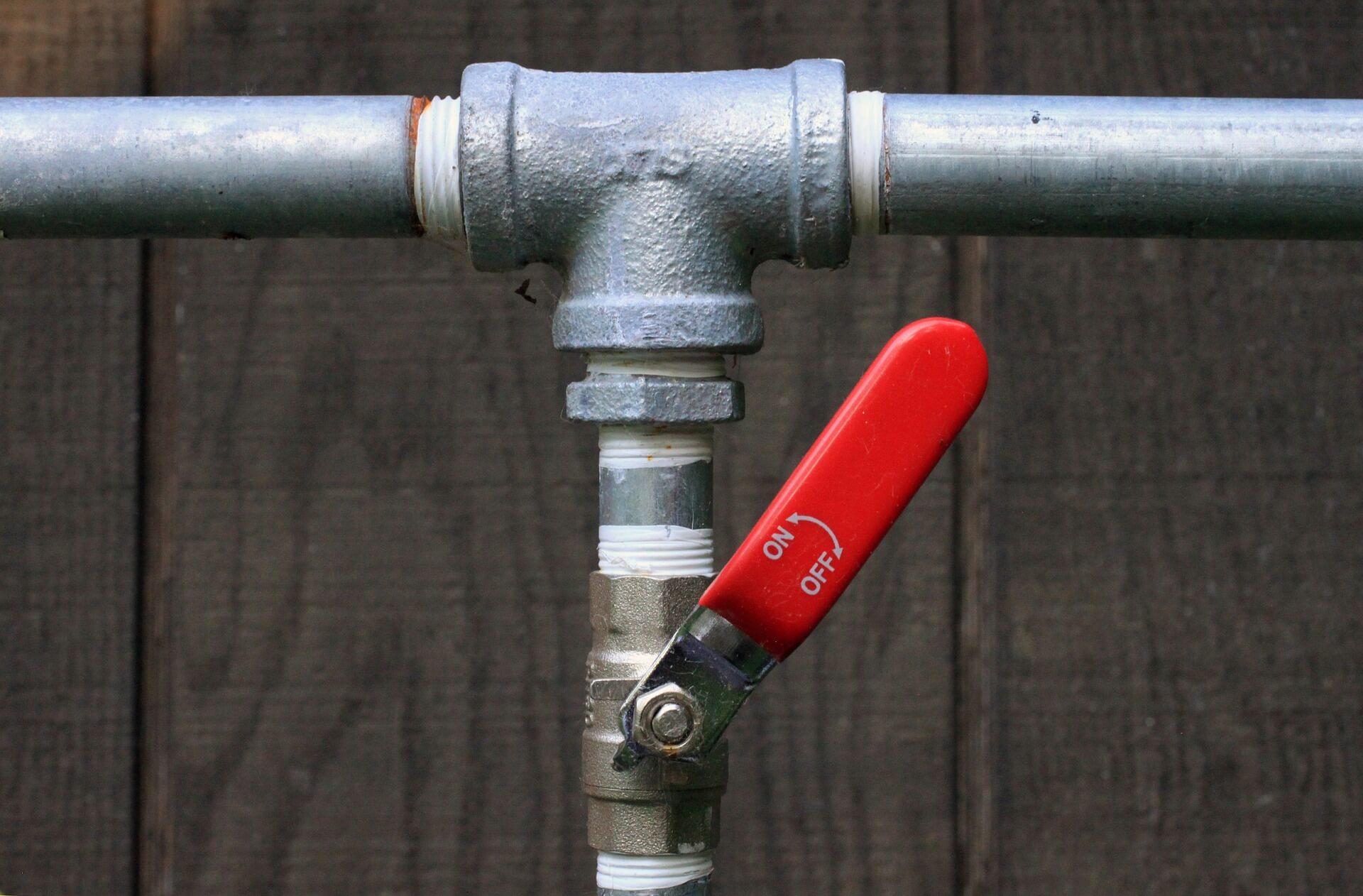
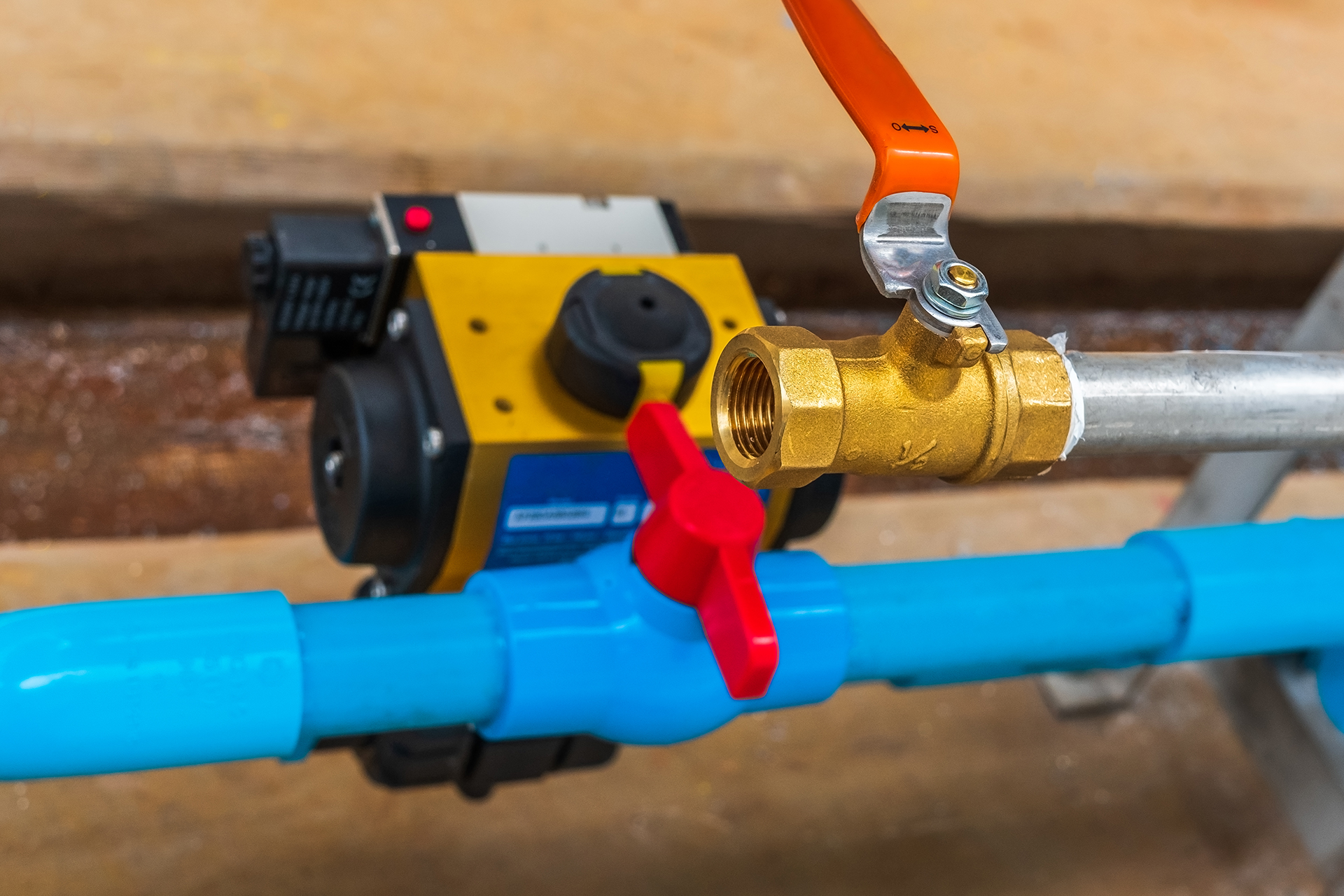
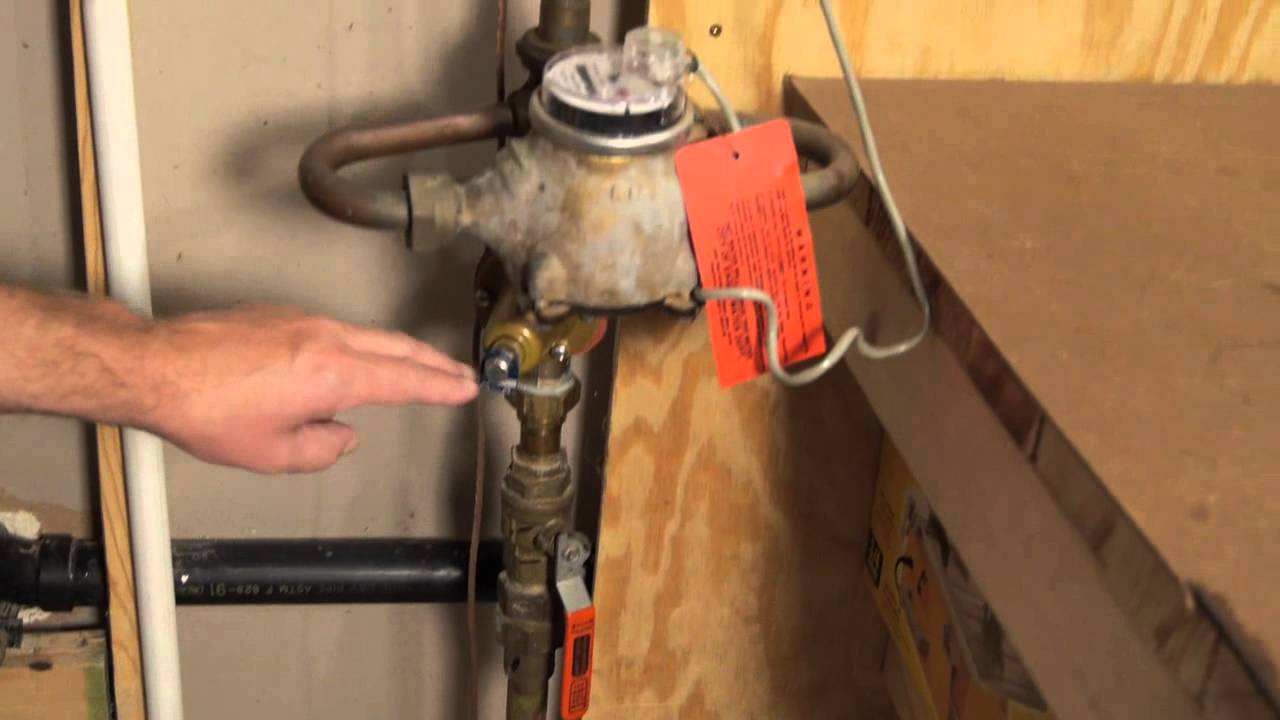
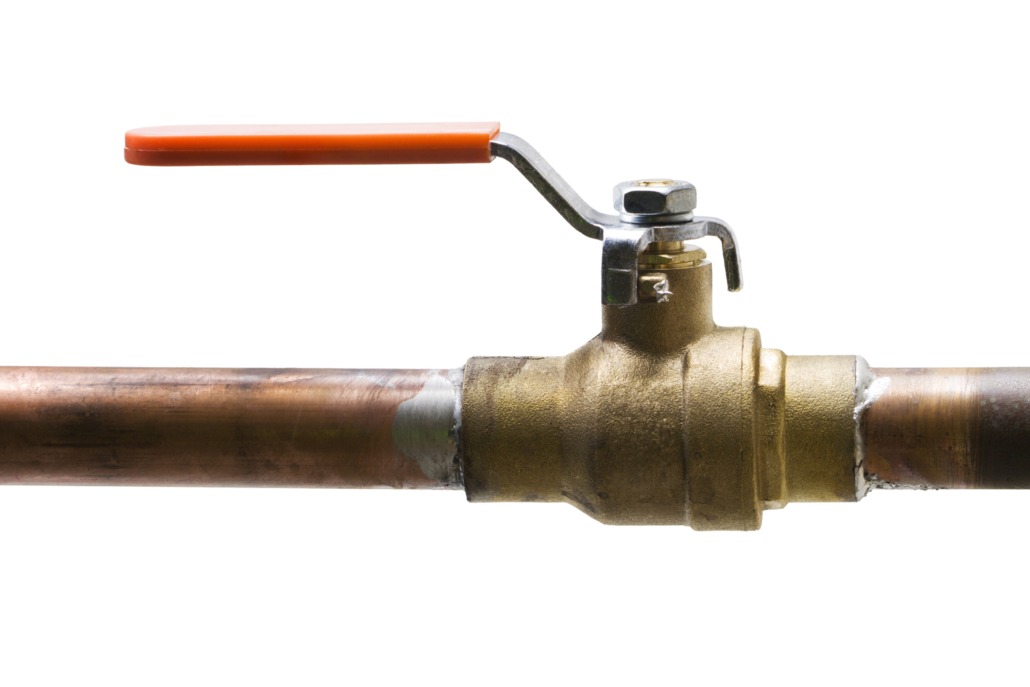


/human-hand-turn-off-shut-off-valve-home-water-supply--825171248-f1141ec757064532ac5aafd93efbf189.jpg)

